D-Day remembered
It’s now 80 years since 160,000 troops arrived on Normandy’s beaches. Historian James Holland looks back at the sacrifices made by the men who helped bring us freedom.
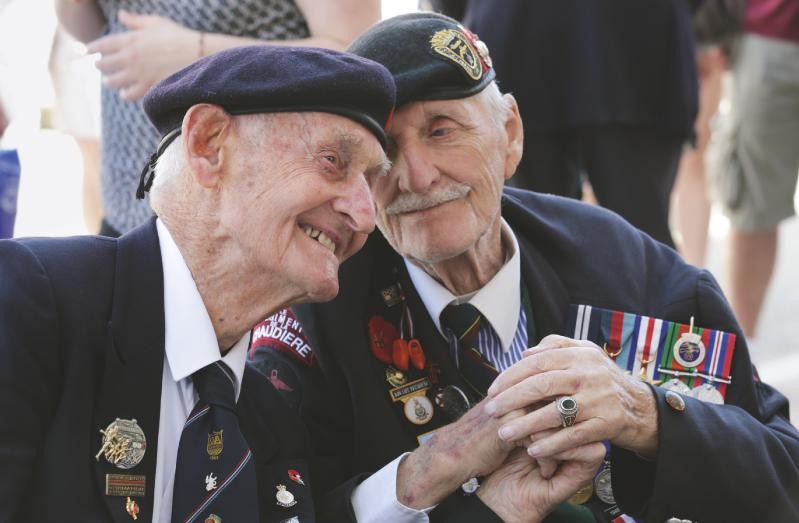
It’s now 80 years since 160,000 troops arrived on Normandy’s beaches. Historian James Holland looks back at the sacrifices made by the men who helped bring us freedom.


Gabreski had been serving on Pearl Harbor in December 1941, when the Japanese had attacked, had later flown with the RAF, then joined the US’s ‘Mighty’ Eighth Air Force, operating from England. He was one of the leading US fighter aces and among their most experienced fighter pilots, but he’d never seen anything like what he was witnessing that morning – a sea black with ships and landing craft, the mightiest invasion fleet yet known to man.
"It was," noted Gabreski, "one of the most spectacular sights that I have ever seen, a massive demonstration of power."
It most certainly was. Operation Overlord – D-Day – was the largest amphibious invasion the world has ever known: more than 130,000 men landed across 50 miles of coast, and a further 29,000 were dropped or brought in by air. It involved nearly 7,000 vessels, including 1,213 warships and 4,126 landing craft. Gabreski’s Thunderbolt was one of 11,600 Allied aircraft that would fly that day.
Collectively, these represent numbers that are scarcely comprehensible today. It was a gargantuan enterprise and marked the start of the liberation of France and northwest Europe from the tyranny of Nazi Germany.
A truly polyglot mission, D-Day is one of the most remarkable examples of international coalition, co-operation and collaboration ever witnessed. It sits at the centre of our narrative of the Second World War, both for the significance of the quest undertaken and for the astonishing demonstration of collective unity in pursuit of a common goal.
It was also an astonishing success. At either ends of the invasion fronts, airborne troops dropped by parachute or landed by glider in the early hours and successfully secured the flanks despite a certain amount of mayhem, while on the five landing beaches – Utah, Omaha, Gold, Juno and Sword – Allied troops managed to smash the German defences and push inland.
D-Day didn’t achieve all its pre-battle goals but the toehold had been made, not one assault failed, casualties were far less than feared, and all this despite truly appalling weather and a heavily defended coastline. The number of moving parts, logistics involved, and the enormity of the task are truly staggering. We should be in awe of the immense bravery of everyone involved, but also of the collective effort. It demonstrated what could be achieved by Western democratic powers when they all pulled together for a common aim.
I’ve been in Normandy for a number of anniversary commemorations. In 2004, I saw the early morning of D-Day on Gold Beach, with over 100 veterans of the 6th Green Howards who all remembered landing in the cold of June 1944. It was Sergeant Stanley Hollis of the 6th Green Howards who won the only Victoria Cross awarded that day.
In 2014, there were fewer veterans but they were rightly treated like royalty and the whole of Normandy basked in the sun for a party that, for me, encapsulated what those men had been fighting for: freedom – of movement, of thought, of expression.

In 2019, there was a feeling of wistfulness as veterans dwindled further but it was still a celebration of liberty. One especially poignant moment has stayed with me. I was talking to a veteran at the Commonwealth war grave Cemetery in Bayeux after the 6 June service.
He proudly told me he was soon to be 100, and although he was in a wheelchair that day, seemed fit and well and sure to reach that landmark. He then said he’d just discovered the grave of a friend and we went over to it to pay our respects.
"We’d been mortared something terrible," he told me. "And then he just got up out of his slit-trench and walked towards the enemy. They cut him down. He’d had enough, you see." We both looked down at the inscription.
"He was only 20 years old," the veteran added, and then all of us paused for a moment. We were all thinking the same thing: that my new friend had enjoyed almost 80 years more of living than the poor boy lying under the ground in front of me. It was a reminder of the price of freedom.
This anniversary will be different again. The storm clouds of war have come to Europe once more – and to the Middle East – and on a tragic scale that harks back far more to the Second World War than other recent conflicts.
It is reckoned there will be just 40 British and Canadian veterans in Normandy this 6 June. They’re slipping away from us. Eighty years on, we all need to pause, reflect and remember that freedom and security are precious and hard fought for. Let’s make sure this year, more than any since 1944, we remember the lessons and ensure nothing like this has to happen again.
Alvesdon by James Holland (RRP £20) is published on 13 June
The 80th anniversary will be commemorated on screen and at events across the country.
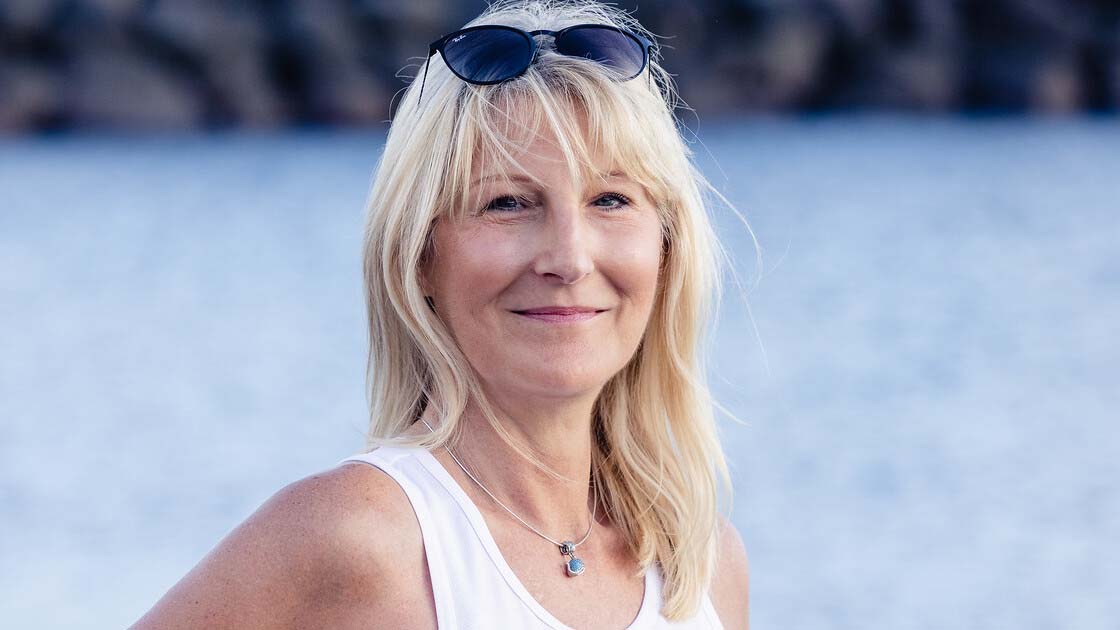
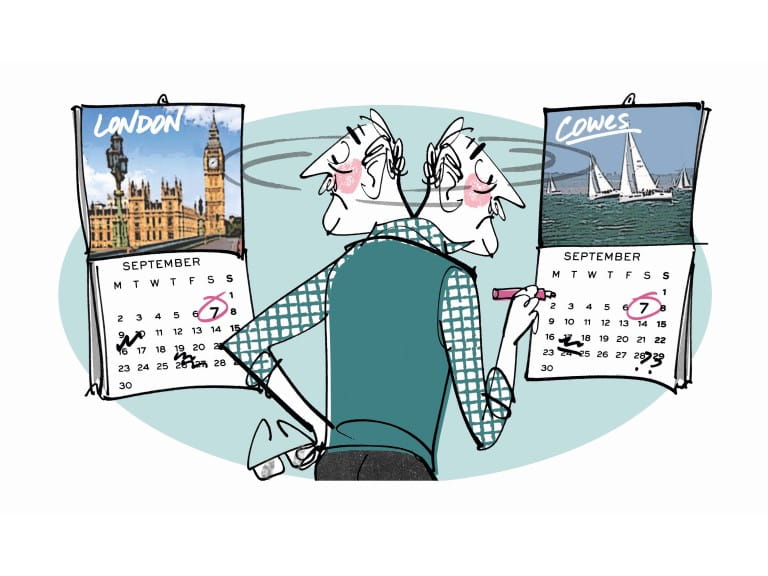

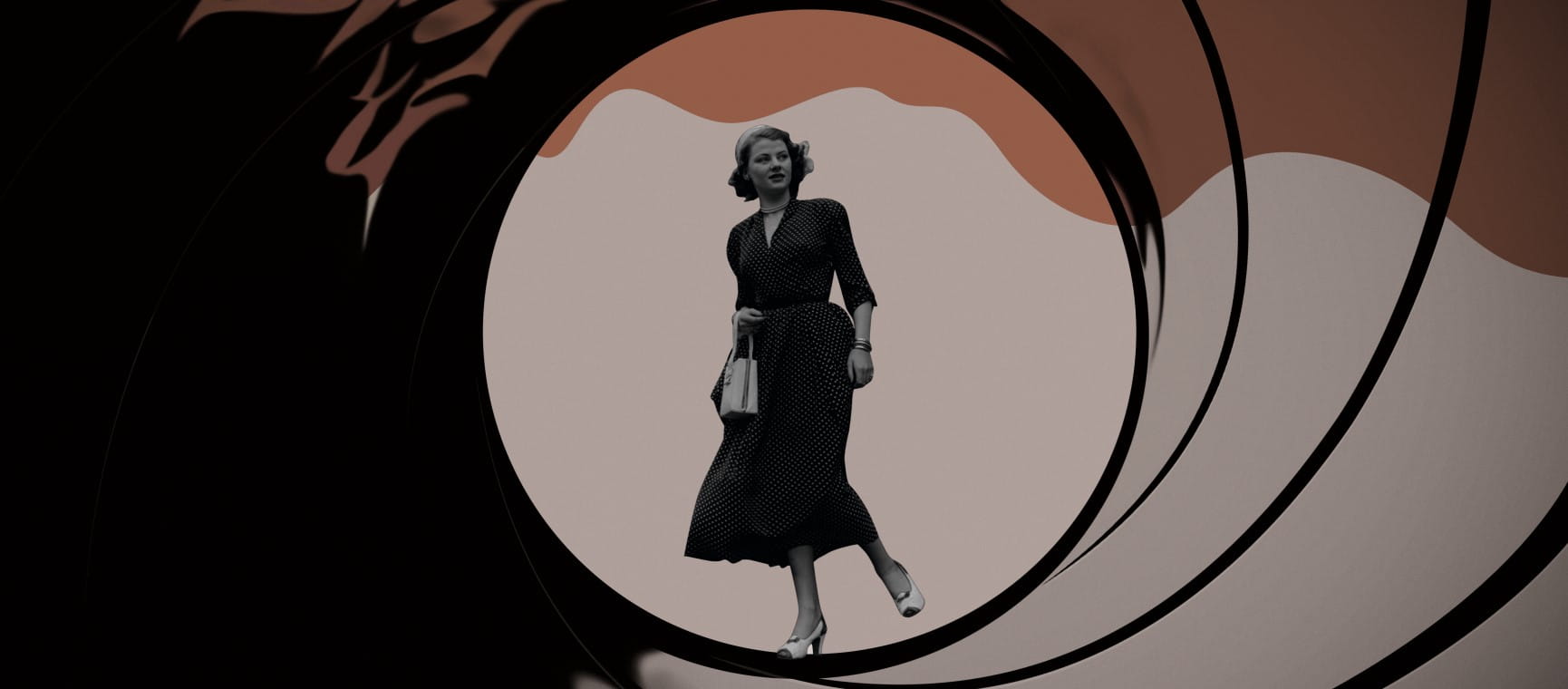
Women in the intelligence services did more than just take notes and chide flirtatious spies - many had real power and ran missions.
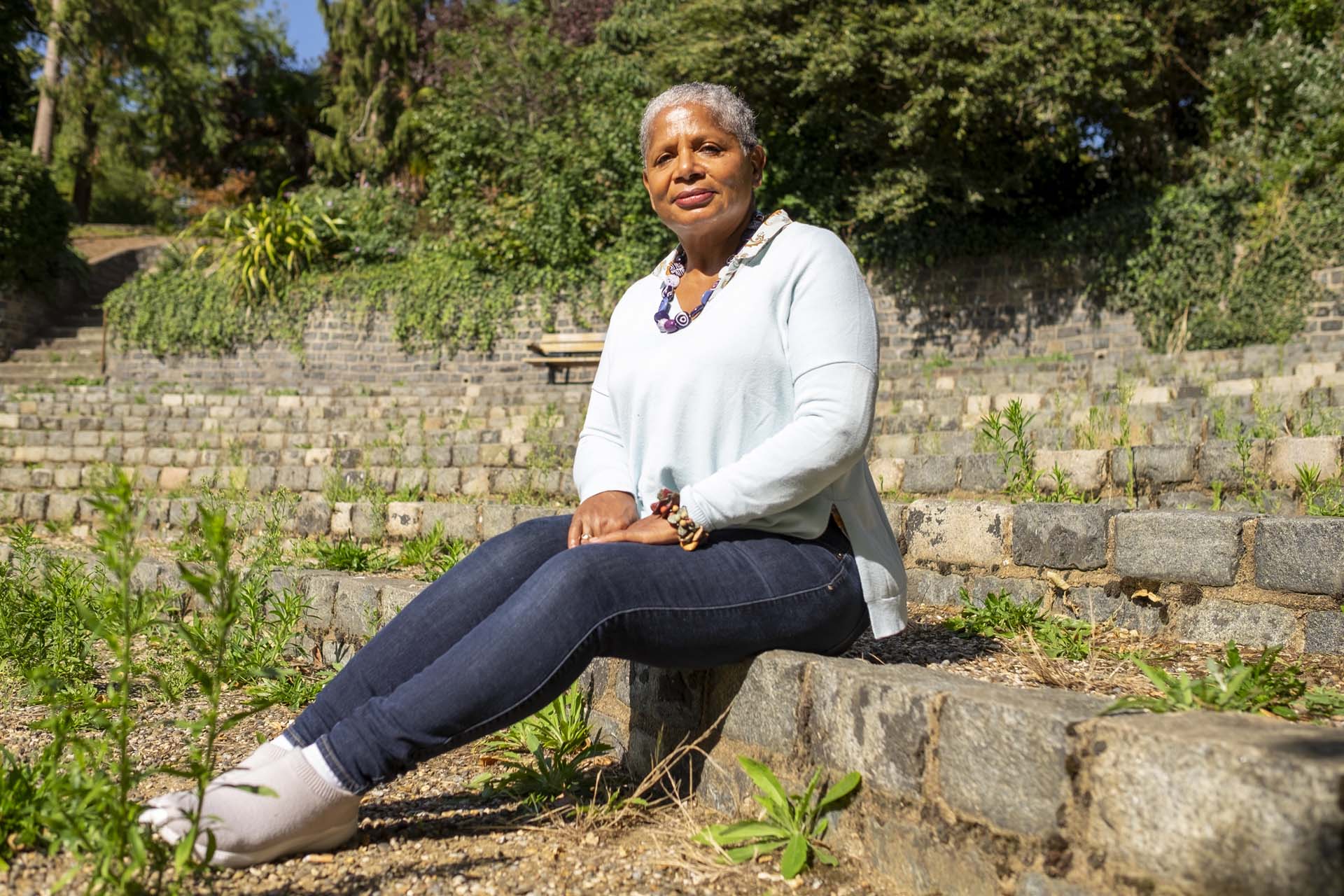
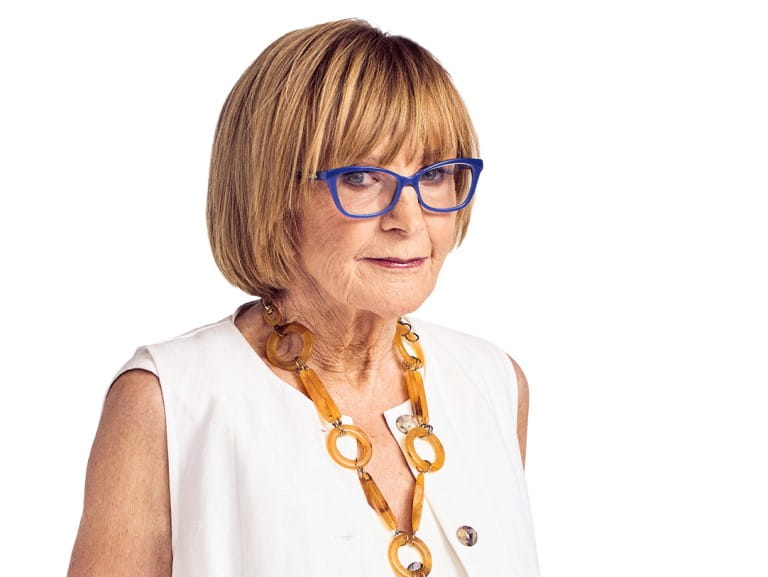
Anne Robinson on what to say when you read a friend's book and it's terrible.

Anne Robinson helps a man who thinks his life doesn't feel important after retirement, and asks how to find purpose again.
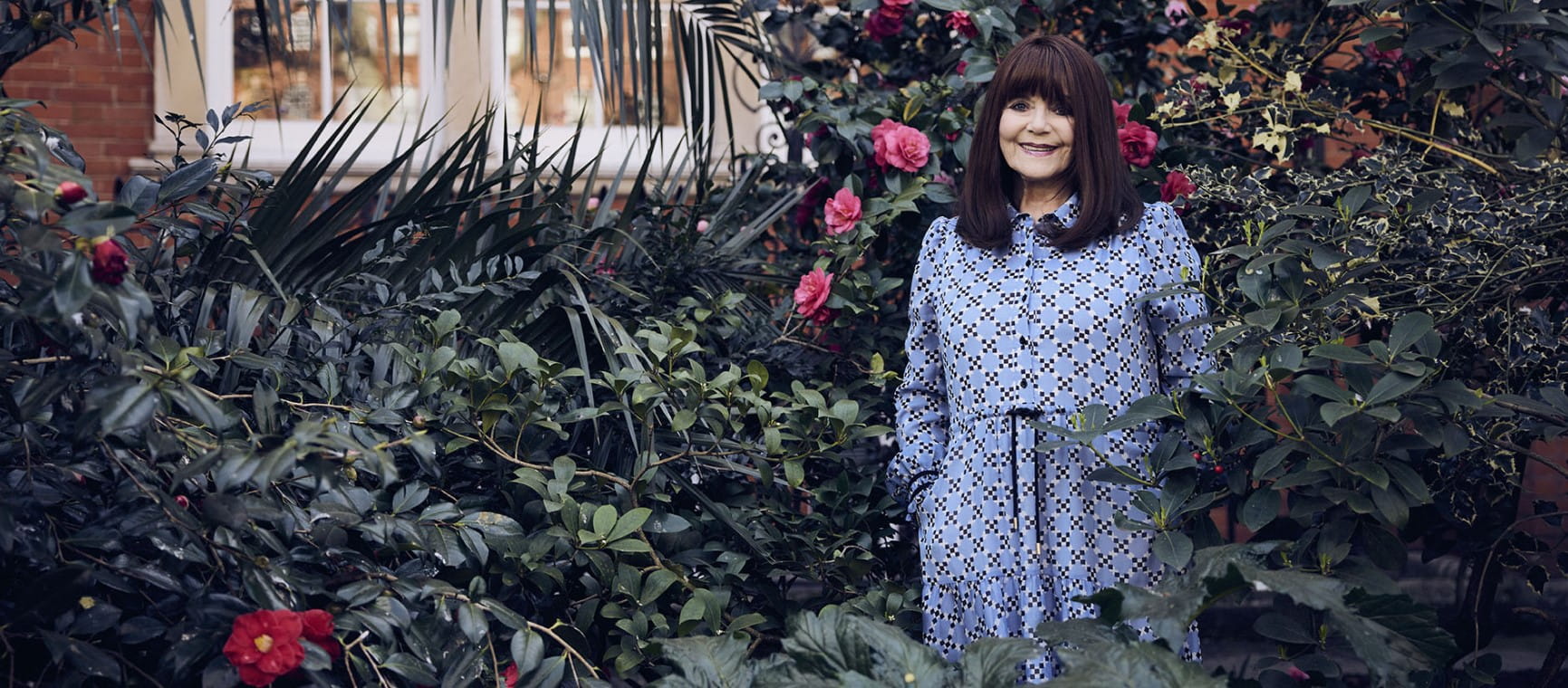
Dr Miriam Stoppard advises a widow on how to navigate modern dating etiquette and broaching the subject with her grown-up children.

Our columnist on the challenge of making a will and whether we should instead be spending our money on ourselves.
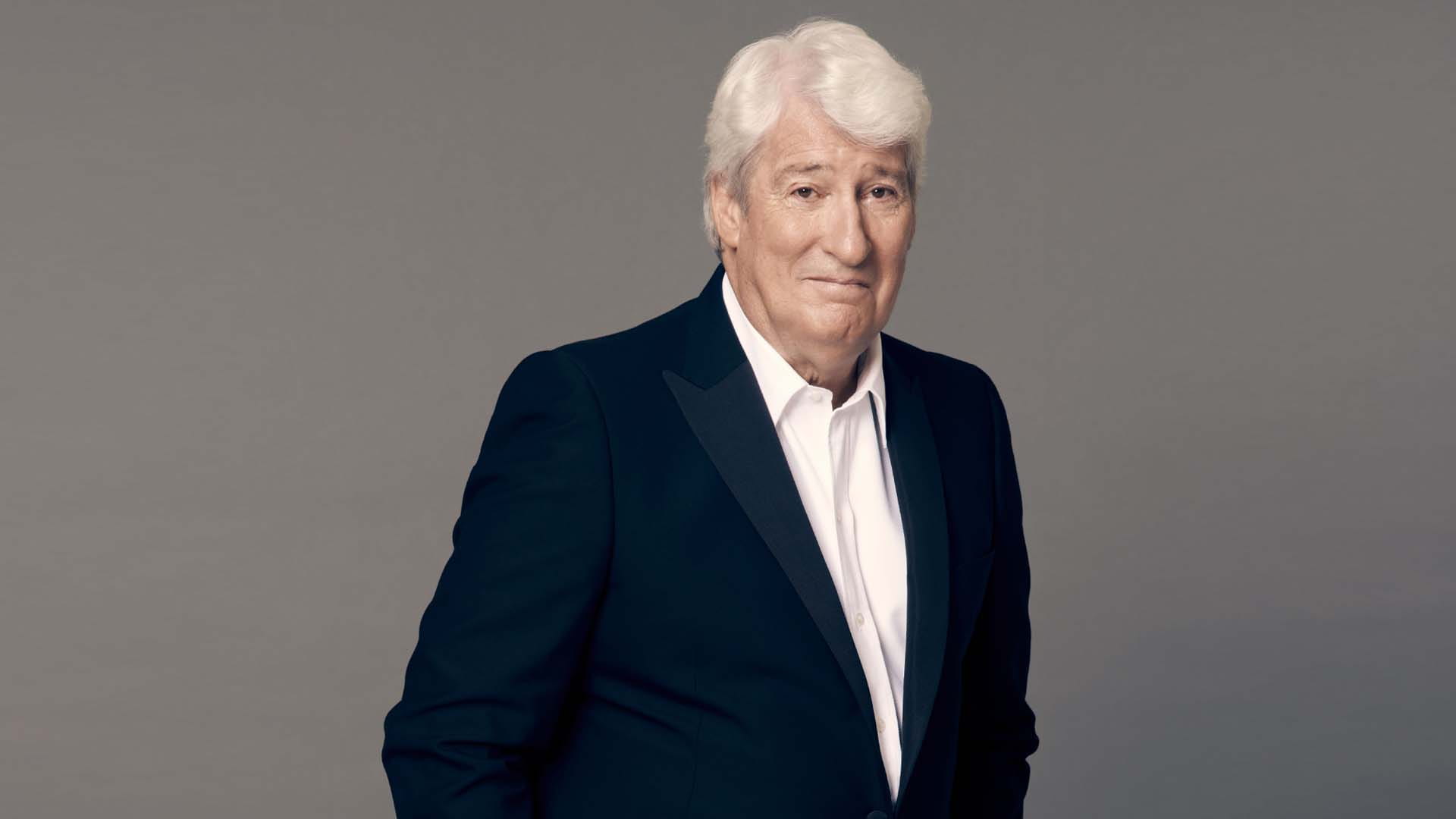



Self-publishing is becoming popular among older authors who want more creative control – and a bigger slice of the profits.
